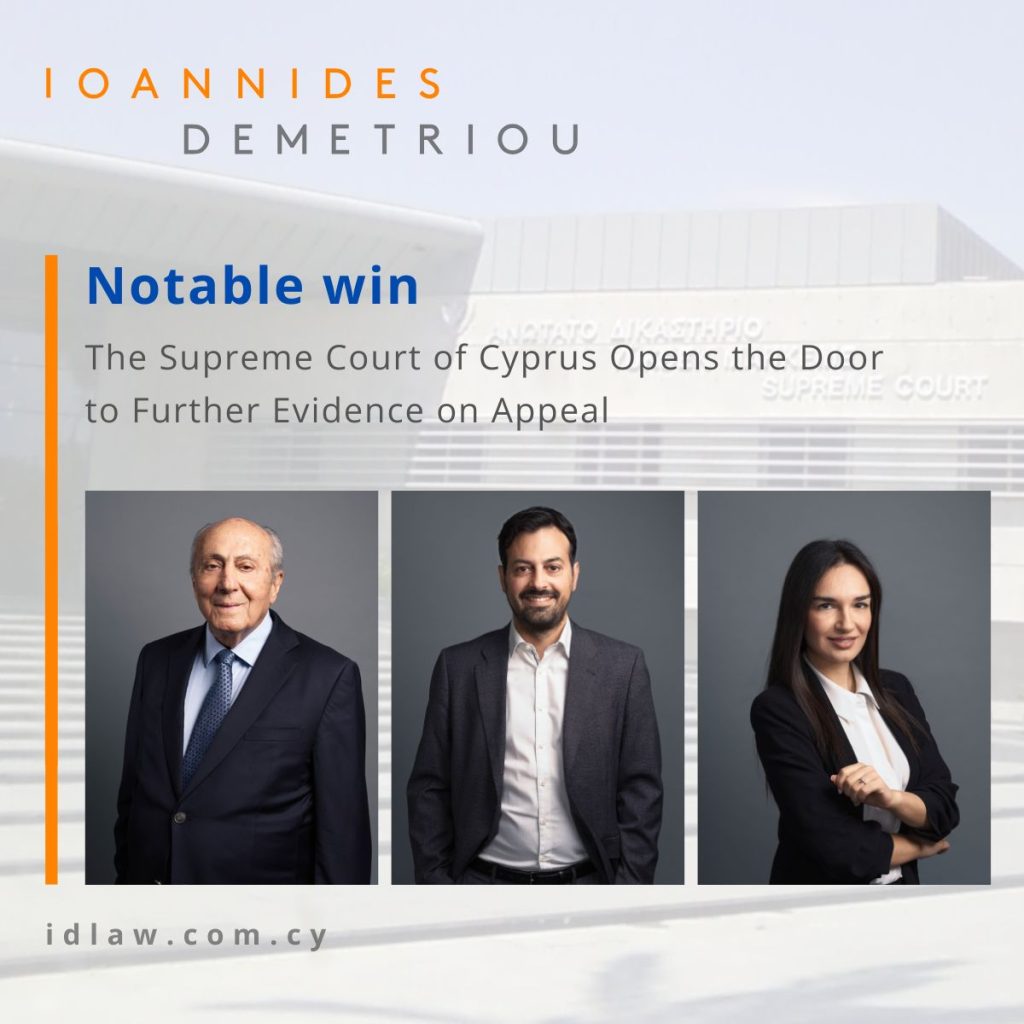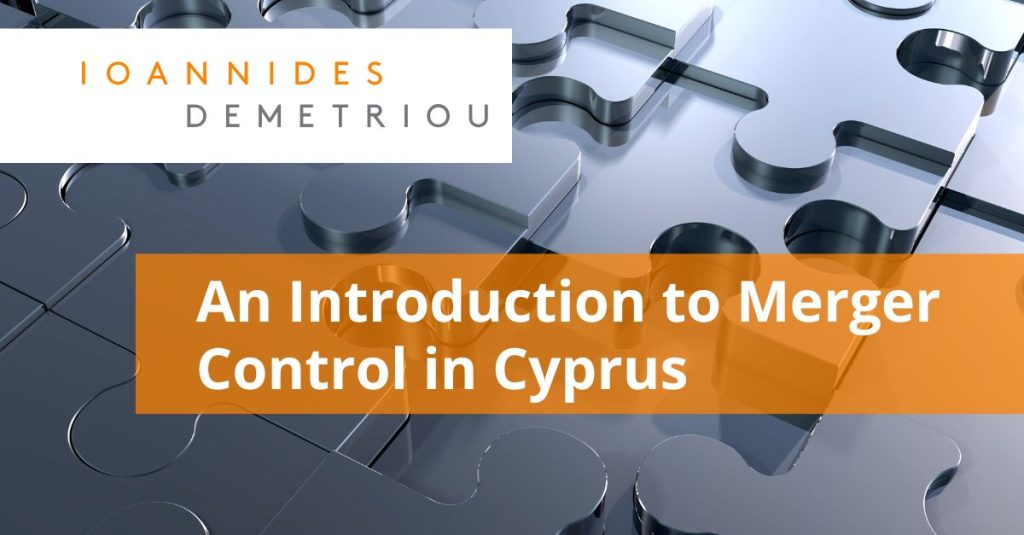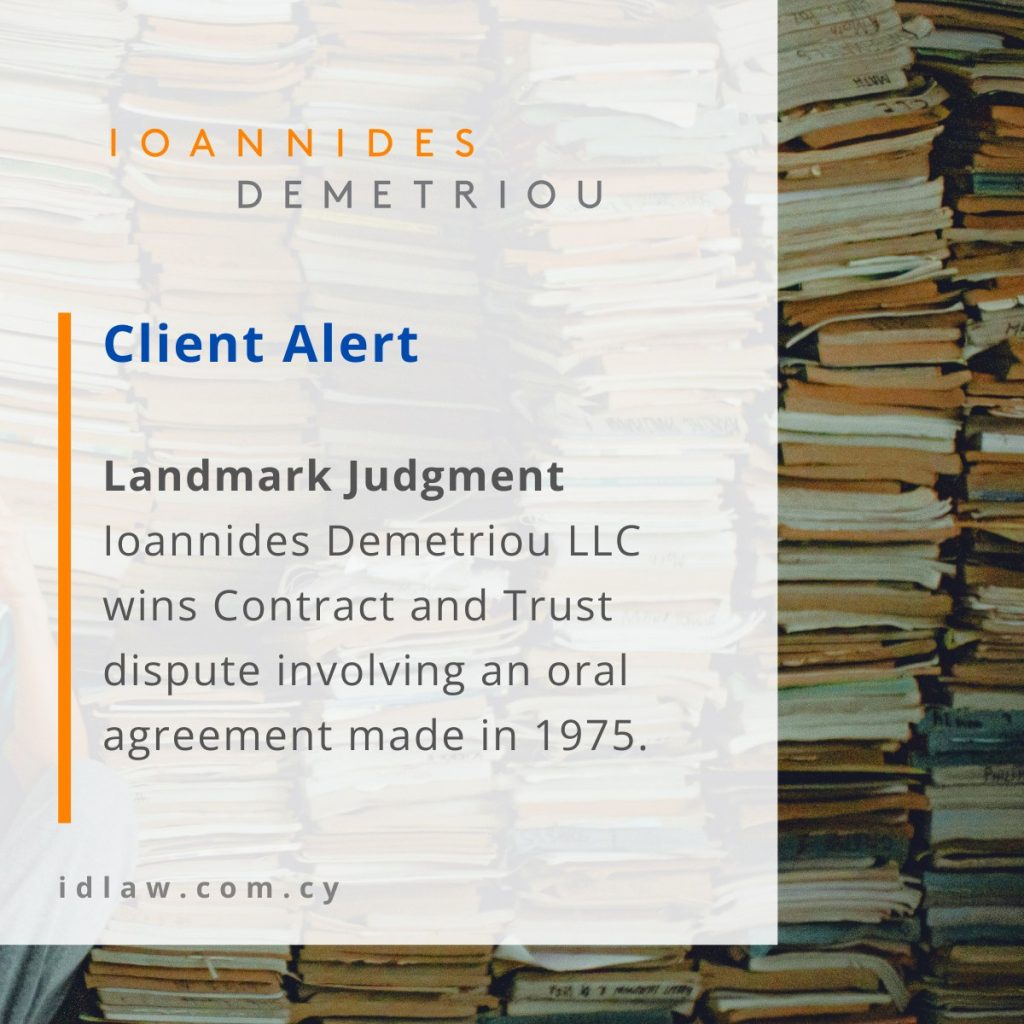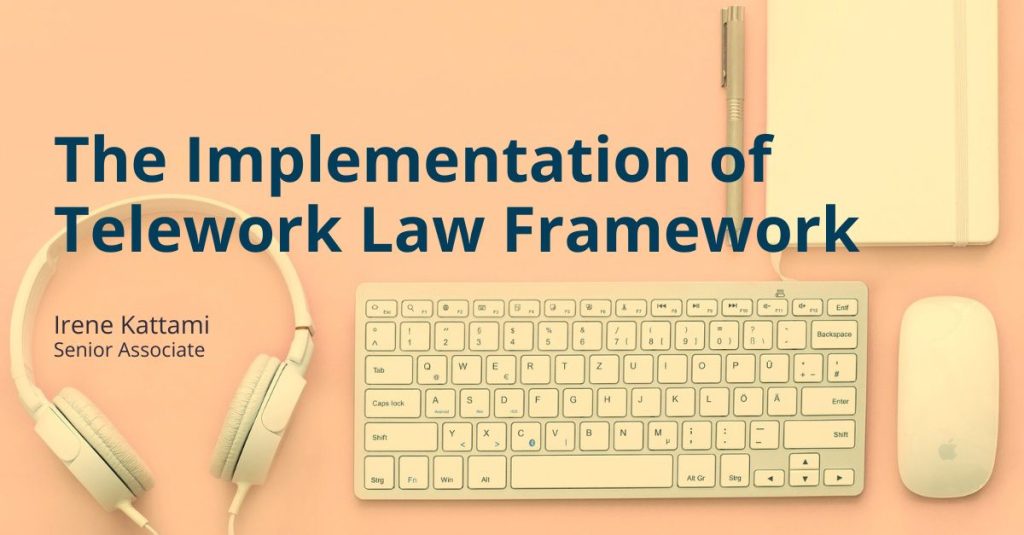A notable win for Ioannides Demetriou LLC: The Supreme Court of Cyprus Opens the Door to Further Evidence on Appeal

It doesn’t happen very often. In fact, it arises only in truly exceptional circumstances and under the strict conditions established by case law. Yet on December 3rd, 2025, the Supreme Court of Cyprus took the uncommon step of allowing the admission of further evidence in the course of Civil Appeal No. 189/2017.
It is a well-established principle that in ordinary litigation, the rights of the parties are assessed on the facts of each case, as these are presented to the first-instance court. As a result, an appellate court will generally allow very little room for the introduction of new evidence.
Both English and Cypriot case-law recognise that departure from this general rule is justified only when specific criteria are met. These include that the evidence sought to be introduced on appeal (i) could not, with reasonable diligence, have been obtained for use at the trial stage; (ii) is of such significance that it would probably have a material impact on the outcome, although not necessarily decisive; and (iii) appears to be credible on its face, although it need not be incontrovertible.
Turning to the facts of the above-mentioned Appeal, the case considered an appeal to the judgment of the first-instance Court where it was decided that the Claimants of the two consolidated Actions were entitled to their share in two Trust Funds. A primary and fundamental requirement for a person to be considered a beneficiary of the Trusts Funds was that they were registered shareholders of a public Czech company at the time the Trusts were created. The Court, finding that the said requirement was satisfied, ruled in favor of the Claimants and awarded them specific amounts. Remarkably enough, the first-instance Court, although granting judgment in favour of the Claimants, clarified in various points of the judgment that any involvement of the Claimants in unlawful activities could constitute a ground preventing them from receiving their entitlement from the trust funds.
Nevertheless, the Defendant, being the trustee of the Trust funds disagreed with this decision and filed the above-mentioned Civil Appeal.
While the said appeal was still pending, and in early October 2022, the Court of Czech Republic issued a final judgment by which it was decided that the Claimants had never lawfully acquired the shares they held in the Czech company, and that the actions through which the Claimants obtained those shares were entirely and ab initio void.
Following the issuance of the Czech judgment, the Defendant filed the present application for the submission of further evidence before the Supreme Court, seeking to submit as evidence the said Czech judgement, as well as legal opinions and certificates from Czech lawyers concerning the finality of the judgment and the progress of the judicial proceedings.
The Supreme Court, finding that the conditions for the submission of further evidence were satisfied, and relying on the findings of the first-instance court according to which any involvement of the Claimants in unlawful activities could prevent them from receiving their entitlement from the trust funds, allowed the application.
By permitting the submission of further evidence, the Supreme Court not only acknowledged the exceptional circumstances of the case but also reinforced the principle that it may depart from ordinary course of proceedings if necessary.
For anyone following developments in Cypriot law, this case is definitely a striking reminder that the Court can, when appropriate, go beyond standard procedures if justice so requires.
The case was handled by our Chairman Mr. Pambos Ioannides, our Partner Mr. Savvas Yiordamlis and our Senior Associate Ms. Sylvia Zitti.








